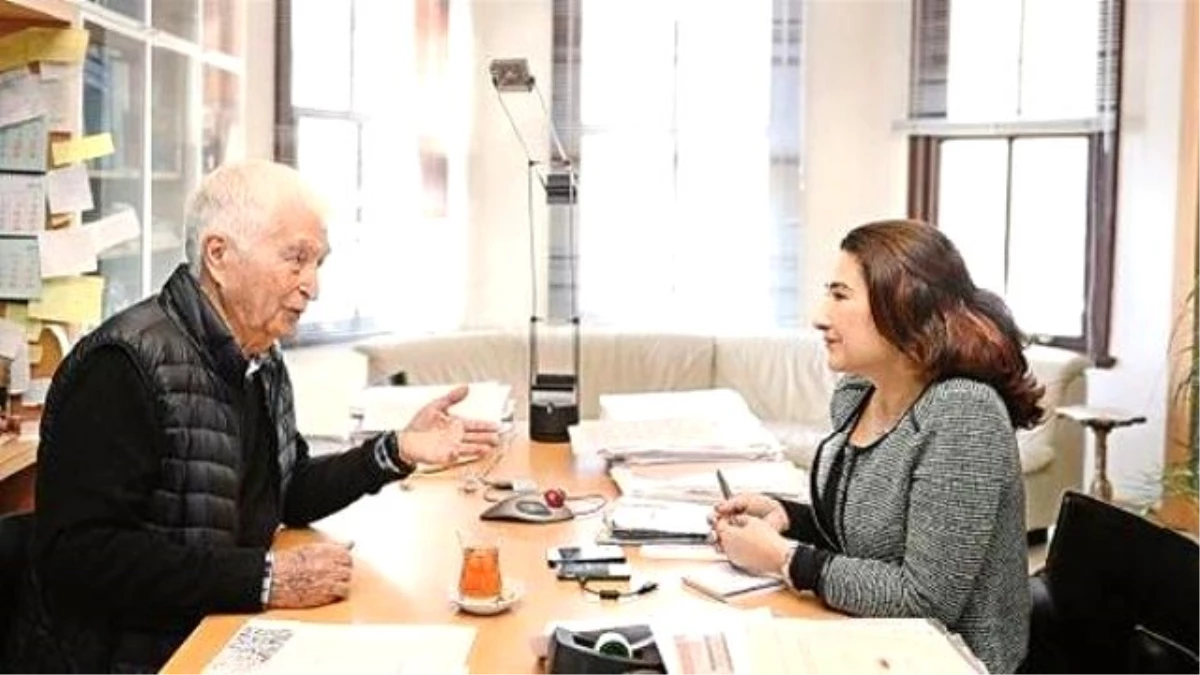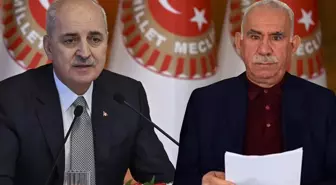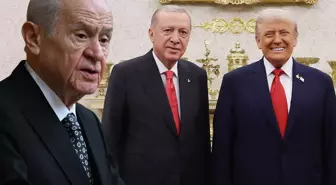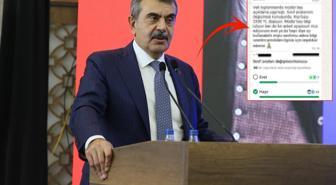Economic Vows Of Turkey's Main Opposition "Setting Agenda For Next Government"

The Republican People's Party (CHP) has injected new life into this election campaign by raising economic issues that will be impossible to igrnore regardless of who wins the June 7 polls, according to economist and journalist Güngör Uras. "The CHP might come to power or it might not, but whichever party comes to power will have to deal with the issues that the CHP has brought to the agenda.
The Republican People's Party (CHP) has injected new life into this election campaign by raising economic issues that will be impossible to igrnore regardless of who wins the June 7 polls, according to economist and journalist Güngör Uras.
"The CHP might come to power or it might not, but whichever party comes to power will have to deal with the issues that the CHP has brought to the agenda. The next government will have to deal with pensions, the taxes of the farmers and more" he said.
The Republican People's Party (CHP) used to be criticized for only criticizing the Justice and Development Party's (AKP) programs and not providing its own program. Now it has come with its own economic program for the election campaign, but it is again being criticized, with everyone asking, "Where will you find the money?" What's your view on these debates?
Social policies lie behind the AKP's success. The AKP gave priority to social policies rather than [economic] production. It looks like the CHP has become aware of it.
Also, the AKP made a mistake this time. In previous campaigns, they talked about social policies and their economic accomplishments. This time, the AKP has focused on the presidential system as well as the Kurdish process. The CHP seized this occasion; it came up with policies that would further strengthen the existing social policies.
This has attracted the attention of the public. Why? Because some of the issues that were not discussed were brought to the agenda. The CHP has given the impression that more could be done on those issues.
Can you elaborate on the issues that were not on the agenda?
We started talking about the minimum wage. We started talking about the pensions. We started talking about the tax burden of the farmers and the craftsmen. Although the AKP succeeded on social policies, there were still expectations for improvement. What the CHP has done is to resort to a classic Turkish [practice] of saying, "I'll give 5 cents more than the other party."
This old practice was put into force by adopting it to the current circumstances. Did you notice – no one says, "These are not necessary, where did these issues come from." People question the financing; asking, "Where will you find the resources." This is important.
So the CHP seems to have put its finger on a sensitive issue.
This means these issues are important for the public. The CHP might come to power or it might not, but whichever party comes to power will have to deal with the issues that the CHP has brought to the agenda. The next government will have to deal with pensions, the taxes of the farmers and more.
Have I understood correctly; some issues were not on the agenda until recently due to the economic accomplishments of the AKP rule.
[People] are less satisfied; they want more. We have a limited number of public officials in Turkey. But we have a lot of retired people. They have a lot of expectations. In addition, the majority of the workers in Turkey are working on a minimum wage. So those receiving minimum wage and pensioners make up an important part of the society. Add to that the students and those eligible to vote. So the CHP has caught the right crowd as a target.
Turkey is known for its young population, but it seems there are many retired people as well?
The number of pensioners is nearing the number of those who are working. Normally, the constituency of the left-wing parties in Turkey was the working class. But the number of those involved with trade unions is very low. That's why there is no talk of trade unions but of the minimum wage. Therefore, the minimum wage is an important problem. What the CHP is actually doing is the same thing as the AKP, giving from what is already there.
This is about giving to those who are not working or who have limited means of working. Distribution is important but there is a limit in the economy. You also have to increase what is already there. The AKP has slowed down on adding to what was already there. That's the shortcoming in the CHP's election manifesto. You need to increase employment to increase the income; the AKP neglected it in its current program, as has the CHP.
Also, the CHP has promised to increase the minimum wage; the majority of those getting minimum wage are in the private sector. So the private sector will have to increase the minimum wage, but how can that happen? One needs to think about the side effects. But at the end of the day, we are not at the stage of discussing the details. There are only a few days left until the elections.
But looking as an economist, you underline the fact that the CHP has not talked about how to create new resources.
Yes, but we need to admit that this is not an economic program or a government development program. Even I can come up with new funding, but the public won't be so interested in these details. For instance, I can say I will impose a tax on rents, or I will increase domestic borrowing, but a politician might not choose to talk about it. That's why talking about election promises is one thing, talking about the details of finding the resources is another thing.
But there is a debate about how the CHP will find the resources for its promises.
I find these debates healthy because when you talk about resources, you need to talk about the problem of production. The issue of industrial production has come to the agenda thanks to these debates. Whoever will come power will have to talk about it.
There is tremendous discrepancy in income distribution, which is actually behind the problem of creating resources. The gist of the issue is this: "from where I'll get it, to where I will give it." The real question is, can you get it from the well-off and give it to the low-income classes. If you do not enable the low-income class to be productive, that would mean allocating the resources to consumption.
High-income classes do have assets, but these are the basis of production, whereas the resources going to low-income classes will be allocated to consumption. If you transfer money to the low-income class, that will increase consumption, and it will bring dynamism to the economy. But since we are dependent on imports in both agriculture and industry, that will increase our foreign exchange needs, resulting in an increase in the current account deficit. So you need to get rid of dependence on imports first. I don't see any measure addressing this issue either from the CHP or from the AKP.
If they are not addressing the core issues, does that mean that we are back in a race of populism, just like in the old times?
An election manifesto is one thing; managing the economy is another.
But how will citizens decide then?
The citizen in the street does not understand economy politics; he will look at the promises.
Let's be realistic: They won't inquire about the party's economic program or their economic team. The electorate does not go into these details.
This is what precisely what is being said of the CHP: that it has learned politics and started to come up with exaggerated, empty promises.
Wait a minute. It's no longer easy to make empty promises; there is a limit to it. That's why people are discussing where the resources to realize these promises are. When there is a promise to increase the minimum wage to 1,500 Turkish Liras, people question whether this is possible or not.
So you think people are now more conscious about election promises?
People have two sentiments; one religious, the other economic. Those with religious reflexes won't do these analyses.
What is the real motive behind voting behavior?
Forty percent is the economy, 60 percent is based on a package of convictions that includes secularism, brotherhoods, those who are genuine Muslims, those who are loyal to their traditions, those yearning for Ottoman times, those who dislike Atatürk; it is a wide package.
But you say people are more cautious about economic election promises?
Yes, Turkey has opened to the outside world. People, even those in villages, have realized the importance of money. All yearn for better lives. With migration from rural to the urban areas, people have more expectations.
(PHOTO)













